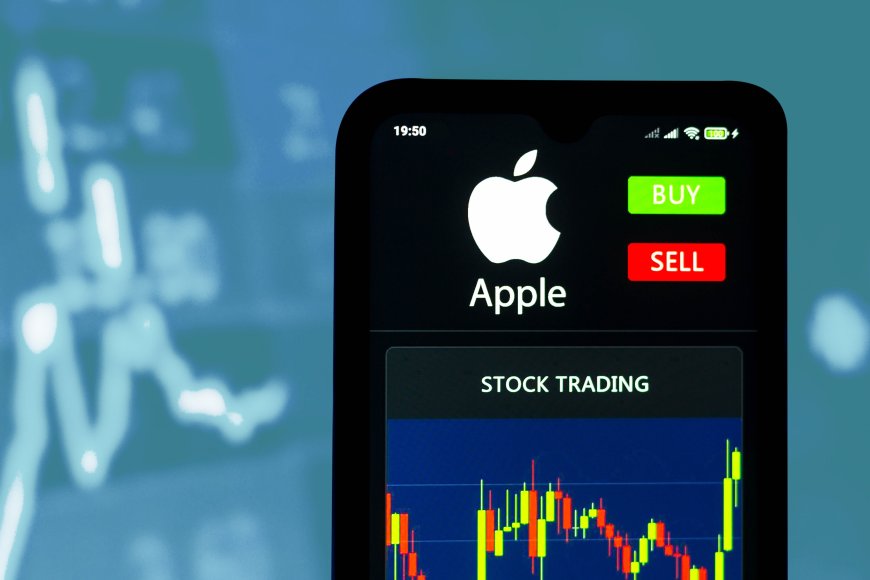Apple Faces Stock Decline Amid Concerns Over China's iPhone Restrictions
Apple's shares plummeted, causing a ripple effect on Wall Street, as reports suggest heightened restrictions on iPhone use by Chinese government officials. Explore the implications and concerns surrounding this significant development.

Apple witnessed a nearly 4% decline on Thursday, causing a ripple effect across U.S. equities. This sudden drop follows reports suggesting an expanded restriction on iPhone usage by Chinese government officials, a move that significantly impacts one of Apple's crucial markets.
Based on premarket trading trends, the world's most valuable company is projected to face a market value reduction exceeding $100 billion. This downturn marks the steepest single-day decline in over a month, a phenomenon observed just the day before.
The broader implications of this decline are evident in companies linked to Apple's supply chain, as well as those heavily exposed to the Chinese market. Names like Broadcom, Qualcomm, and Texas Instruments experienced declines ranging from 1.2% to 2.8%. The impact of Apple's downturn also resonated across the three primary U.S. stock indices.
Earlier reports by Reuters indicated that Beijing had issued directives to employees at select central government agencies, urging them to cease using Apple devices for official work.
This latest development exacerbates existing concerns regarding the financial repercussions of the escalating tensions between the U.S. and China.
In recent years, the U.S. has sought to limit China's access to critical technologies, particularly cutting-edge chips. In parallel, Beijing has worked to reduce its reliance on American tech and restricted shipments from U.S. companies, including aerospace giant Boeing.
Analysts on Wall Street have underscored that the restrictions on iPhones underscore the vulnerability of even a company with strong ties to the Chinese government and a significant presence in the world's second-largest economy to the mounting tensions between Sino-U.S. relations.
Beijing's actions also arrive at a critical juncture for Apple, as the company contends with a decline in iPhone sales. Notably, China had emerged as a bright spot in an otherwise underwhelming quarterly earnings report released just last month.
D.A. Davidson analyst Tom Forte emphasized, "The restrictions have the potential to decelerate Apple's sales growth in China. This could pose an additional challenge for the company."
Some analysts have also raised concerns about a potential sales downturn due to Huawei's recent release of the Mate 60 Pro smartphone. This device operates on an advanced chip manufactured by Chinese contract chipmaker SMIC, marking a significant milestone for the two entities, which have been affected by U.S. sanctions.
The sanctions have had a significant impact on Huawei's sales within its home country, affording Apple the opportunity to capture some market share from the national favorite.
Analysts at Bofa Global Research noted, "If Huawei has the capability to supply and scale its home-grown Kirin 9000S (chips), we see the Mate series phone as an opportunity for Huawei to increase its shipments and regain its market share."
However, Apple might experience a surge in demand following an upcoming event where it is expected to unveil its iPhone 15 series, alongside new smartwatches.
Also Read: Stock Market Declines Amid Inflation Worries: Latest Market Update





























































